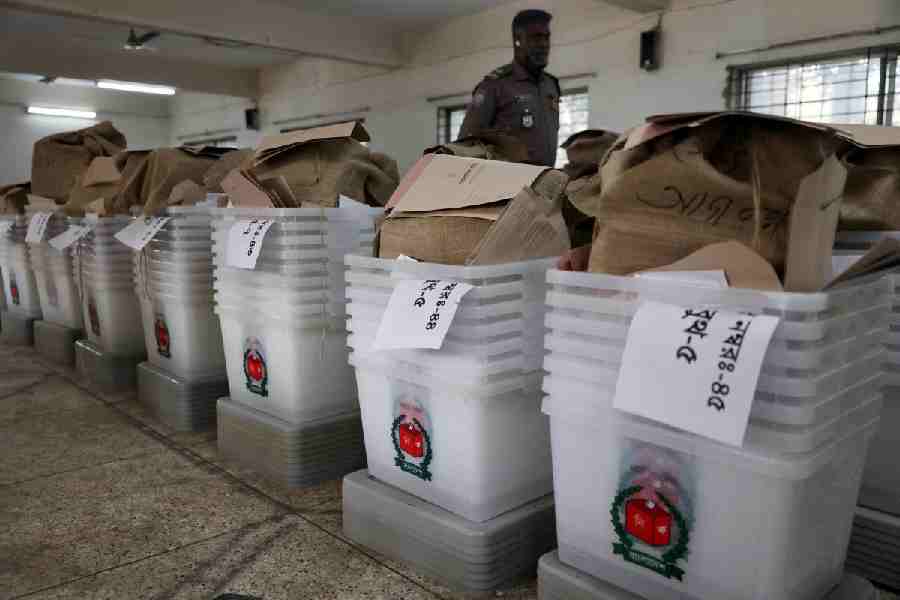Q: I bought a flat for my parents in a building that is not covered by the West Bengal Apartment Ownership Act, 1972. There is no association or bank account. All charges are fixed and raised on the basis of majority decision. No receipts are issued and there is no audit either. Since the demise of my parents in 2000 the flat has remained under lock and key. I have paid maintenance charges up to May 2012. Recently, one flat owner threatened that if I keep my flat locked and do not clear the dues, as advised by the local councillor they would lodge a complaint against me and thereafter break open my flat under police protection. How should I deal with the situation?
Subrata Adhya, via email
A: The threats are not legal and no one can break open your flat without the due process of law or court order. You should immediately lodge a complaint with the local police station. You may also file a criminal case against this flat owner under Section 144(2) of the Criminal Procedure Code before the executive magistrate and seek restraining orders upon him. You also have the option of filing a suit for injunction thereby restraining the flat owner from causing any illegal acts as threatened by him.
Q:My mother and I have been living in my mother’s paternal house since 1991, along with my four uncles and their families. My parents are separated but not divorced. My grandfather died intestate. Are we also his legal heirs with equal rights as my uncles and their families?
Dipa Koley, Hooghly, West Bengal
A: Your mother being a legal heir of her father is entitled to equal rights to his assets with her brothers if she is governed by the Hindu Marriage Act, 1955. But under the present circumstances you or your uncle’s families are not entitled.
Q:My father died intestate. He had savings and demat accounts without nominations, 33 per cent of a flat, and a proprietorship in his name. My mother, two sisters and I are the legal heirs. What is the process to apply for a succession certificate?
Bipin Goel, via email
A: To apply for a succession certificate, you have to apply to the district delegate’s court with appropriate jurisdiction as per the provisions of the Indian Succession Act, 1925. For that you will have to furnish the original death certificate and photocopies of your identify proofs. You will also have to pay court fees as per the valuation of your case.











